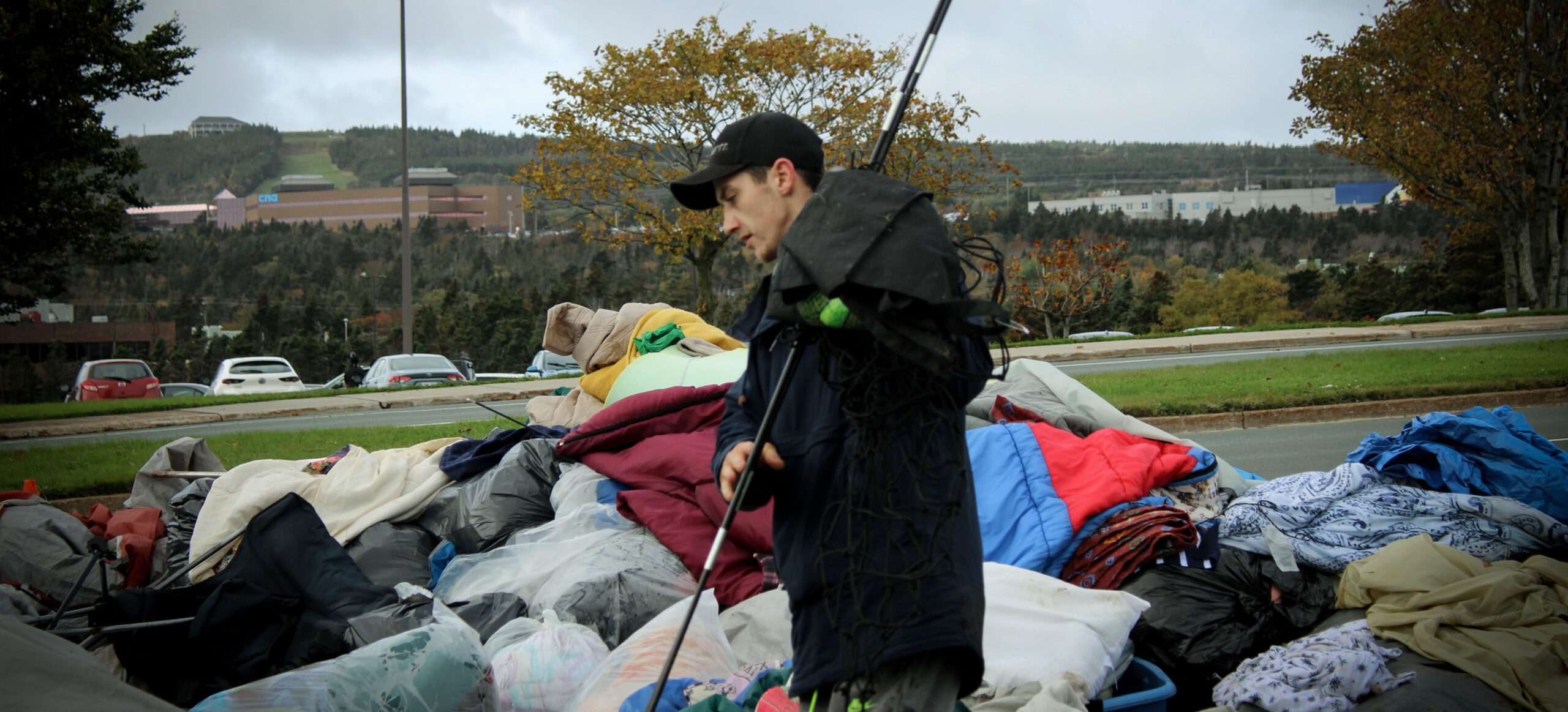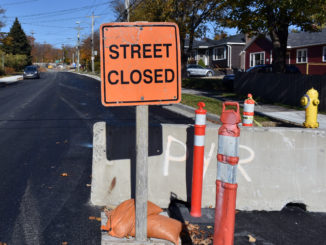When shovels aren’t going in the ground, it’s a sign the economy is struggling.
Ken Meeker
Kicker
Housing starts in Newfoundland and Labrador are at the lowest in almost 30 years and the construction industry is struggling to adapt.
Housing starts herald the beginning of new home construction.
In 1990, housing starts were 3,245. They have been up and down since then but, in 2018, they plummeted to a dramatic low of 1,096 starts.
Chris Janes is a senior analyst with market insights at the Canada Mortgage and Housing Corporation. The corporation tracks housing starts across the country. He says there is a direct relationship between housing starts and the economy.
“Historically, when we’ve had growth in population, employment and income, we’ve had strong housing market numbers, the overall market has performed well,” Janes said.
“When the housing market performs well, the economy performs well and vice versa.”

Since the price of oil dropped in 2014, the housing market has also declined.
In the third quarter of 2012, the housing starts were 1,434.
In the third quarter of this year, there were 315 starts.
“We thought last year was a multi-year low, and now this year is even lower again. It’s a very dismal year for new construction activity,” said Janes.
Janes estimates the housing start numbers are roughly 30 per cent of where they were last year, and 80 per cent of where they were at their peak in 2012.
“Historically, it’s nowhere near where it was now compared to the heydays of new home construction activity. It’s very depressed.”
Should I stay or should I go?
While Janes sees employment numbers rebounding and income remaining strong, he is concerned by the population numbers – we have more people leaving than arriving.
“We really don’t have a large chunk of young people coming in, which is a key driver of first-time home buyer activity,” Janes said. “That’s where the void is right now and what is impacting home construction so negatively.”
Janes sees boosting the population numbers as a potential fix and wants to see a more aggressive immigration plan from the provincial government.
Since the price of oil collapsed, says Janes, people in the construction and contracting industry largely haven’t fared well.
He sees many of the people in the industry heading out to other parts of Canada.
“Many of these people have left the industry altogether. Builders have become renovators because they aren’t building as many new homes. Anybody who (works in the industry) is finding it difficult right now,” said Janes.
“It’s dramatic, and it’s hit a lot of people hard.”
Greg Hussey is the president of Karwood Contracting, which has been involved in the construction and contracting industry in the province since the mid-nineties.
It’s been the worst year Hussey has seen for housing starts.

But, he says, the current construction climate is the new normal.
“You can’t look at what things (were) like five years ago when we had 10 times the starts,” said Hussey.
The industry, he said, is shedding contractors.
“When you have one tenth the number of starts, a whole lot of people have to leave.”
Those who are still around are the ones from the early nineties, he said. They have been through this before. They saw the slowdown coming and changed their focus and approach.
“It’s a different game now,” said Hussey. “It’s not so much how fast you can build something, it’s how to be more creative, how to work around new mortgage rules. It’s a different set of challenges.”
Tradespeople are also leaving the province, he said.
Even Karwood has left the province.
“That’s one of the ways we have weathered the storm – go where the market is,” said Hussey. “No matter how bad the market is, there are opportunities out there.”
While Karwood was a solely Newfoundland company, they are now bigger in Ontario then in their home province.
“All housing markets are cyclical. So when it does take off again, we might not get back to the dizzying heights we had, but it’ll get better than it is now.”
[embedyt] https://www.youtube.com/watch?v=-8vEmauhzGg[/embedyt]




Be the first to comment